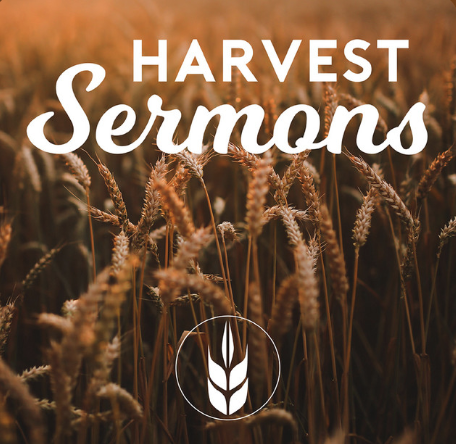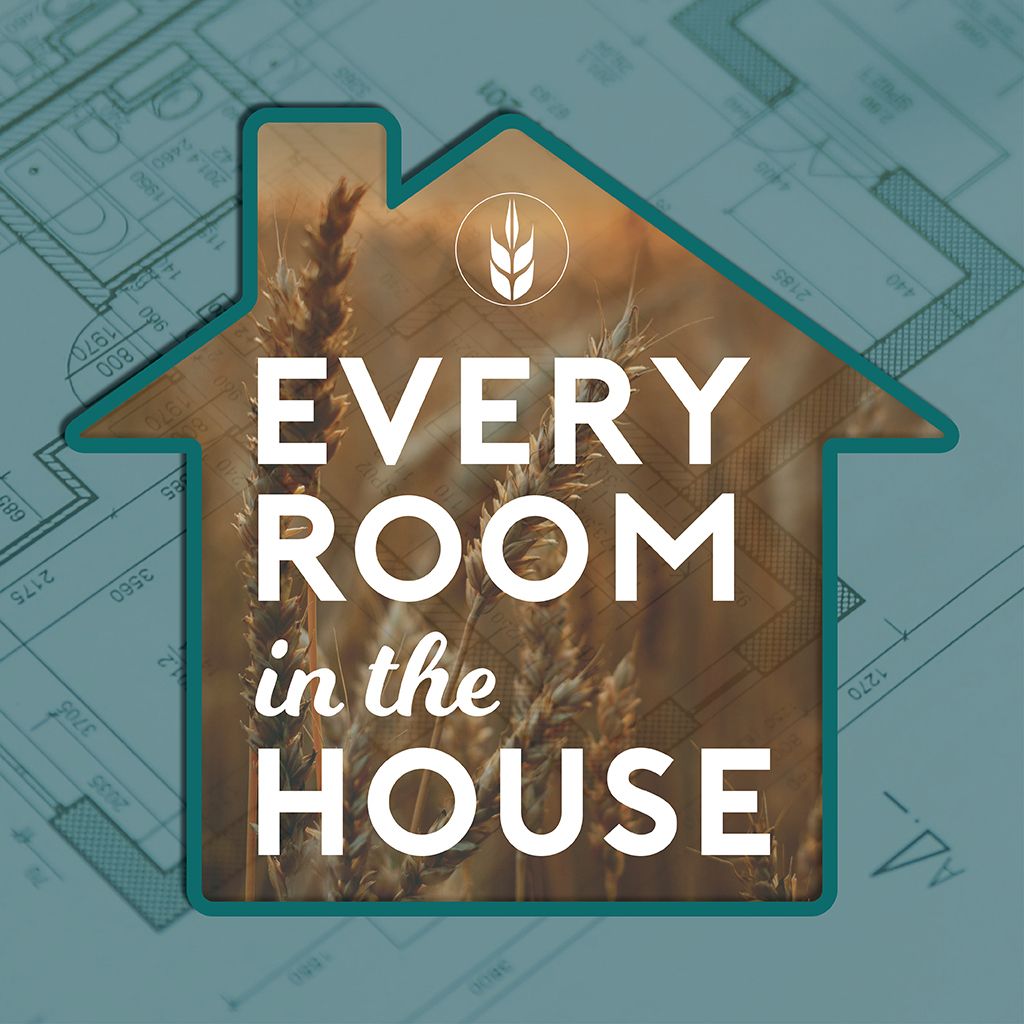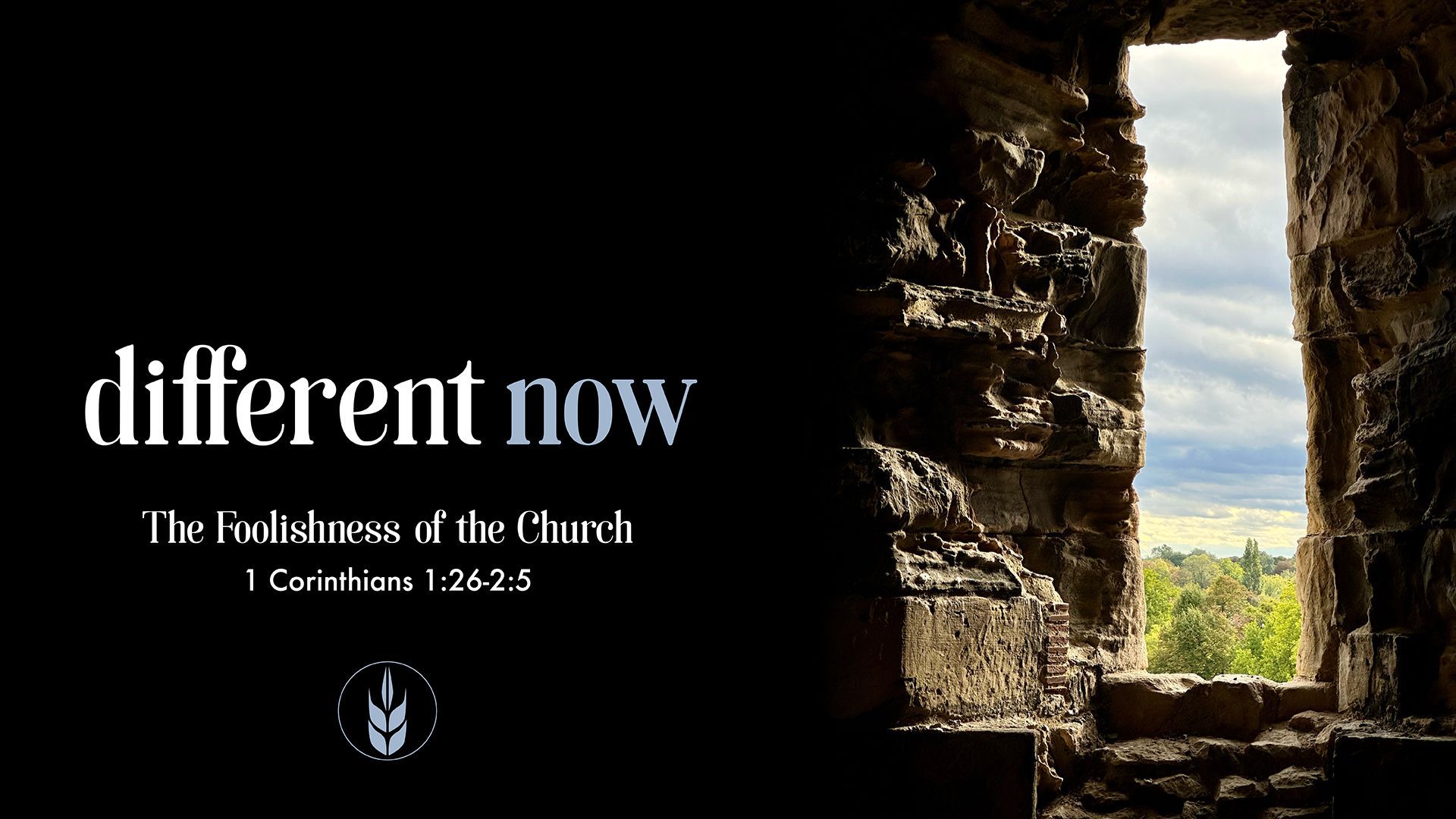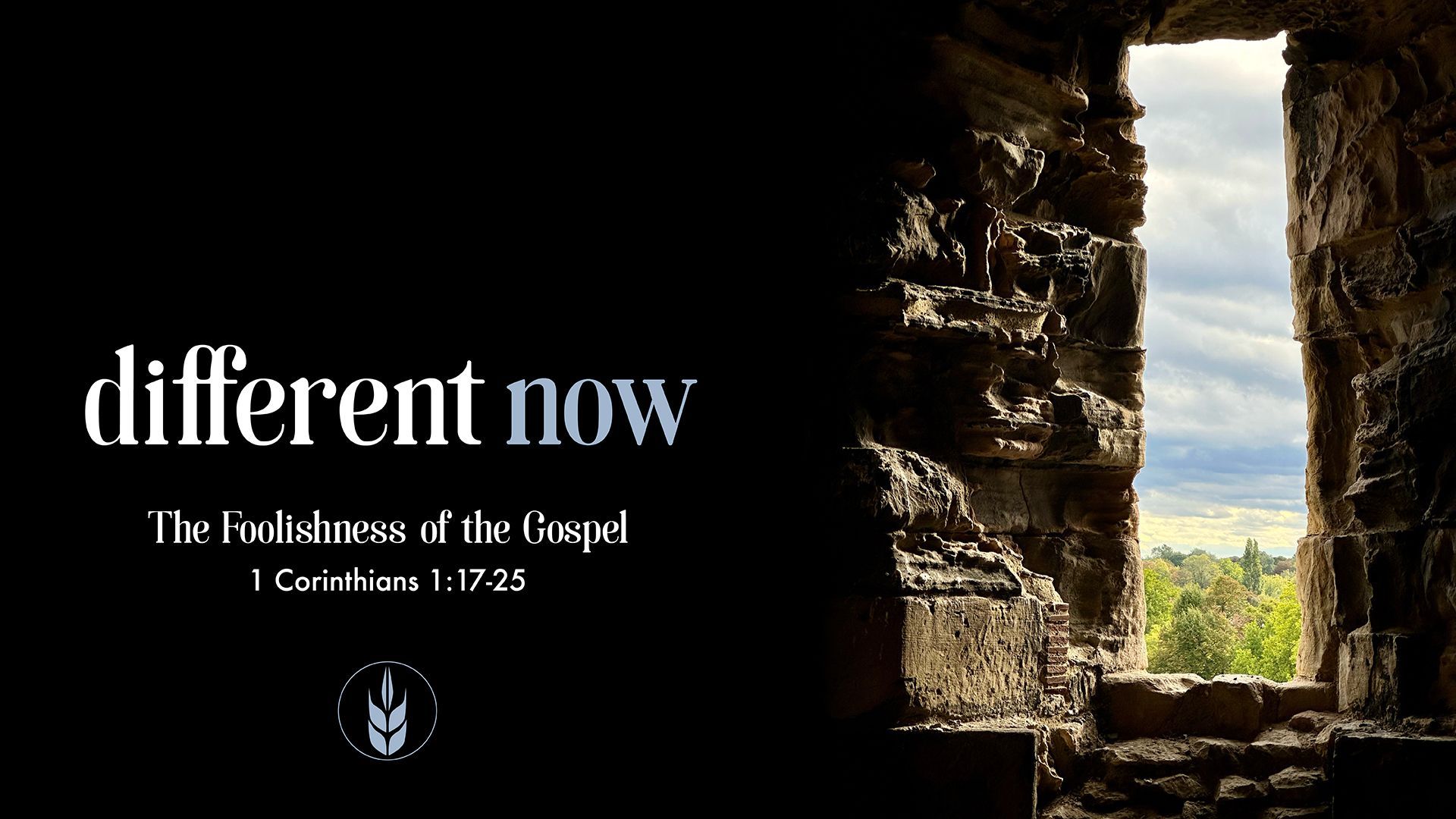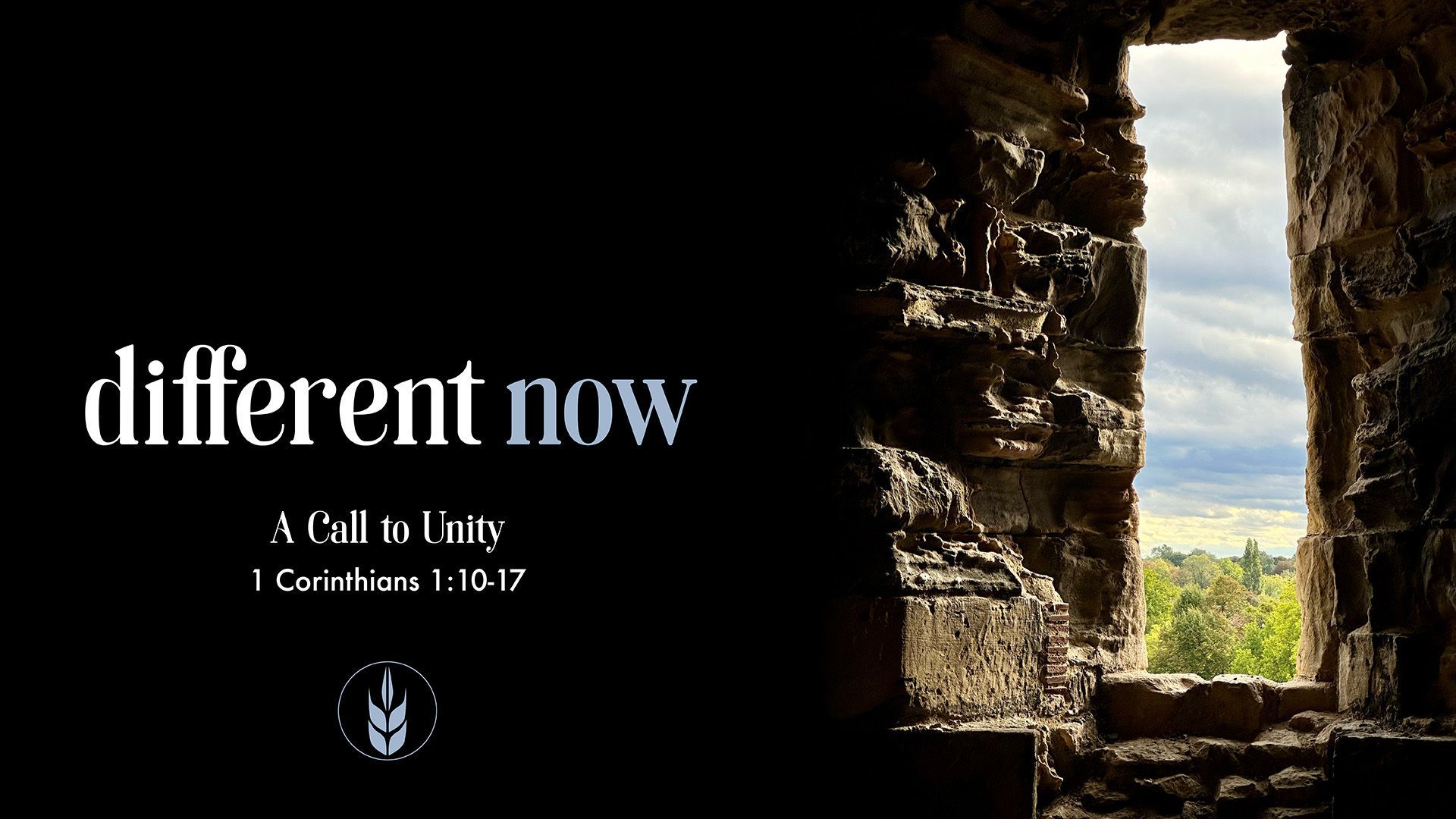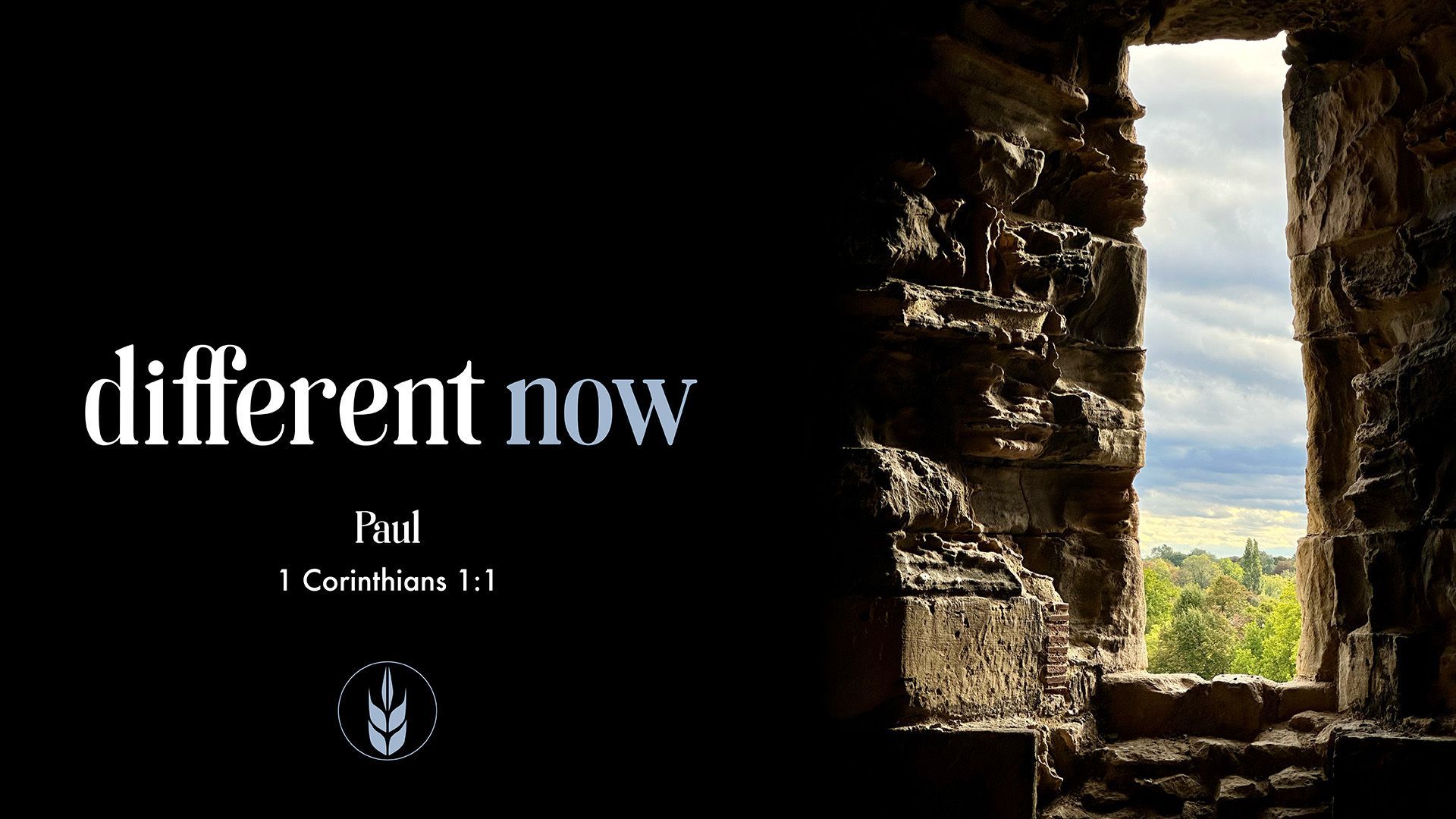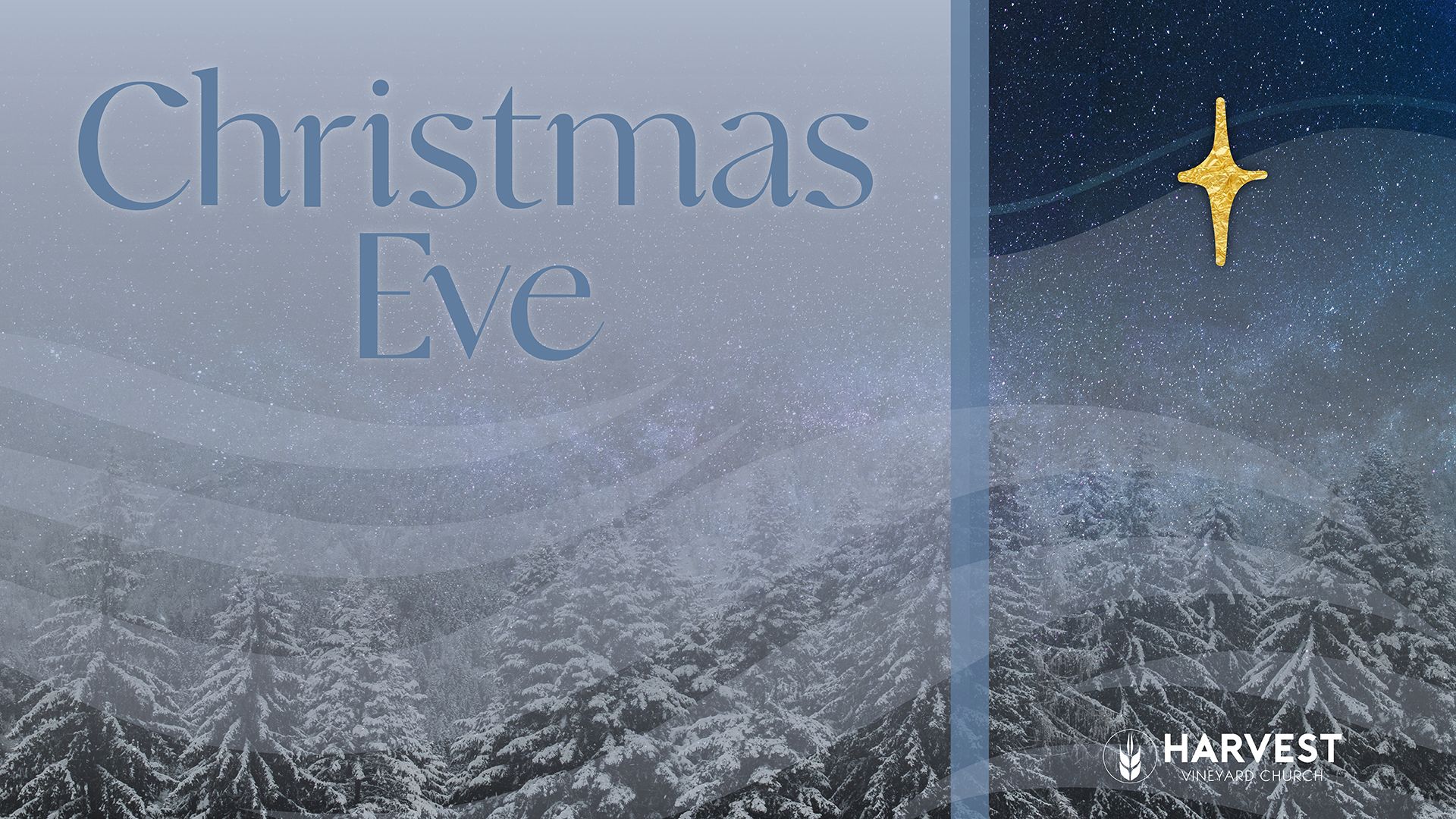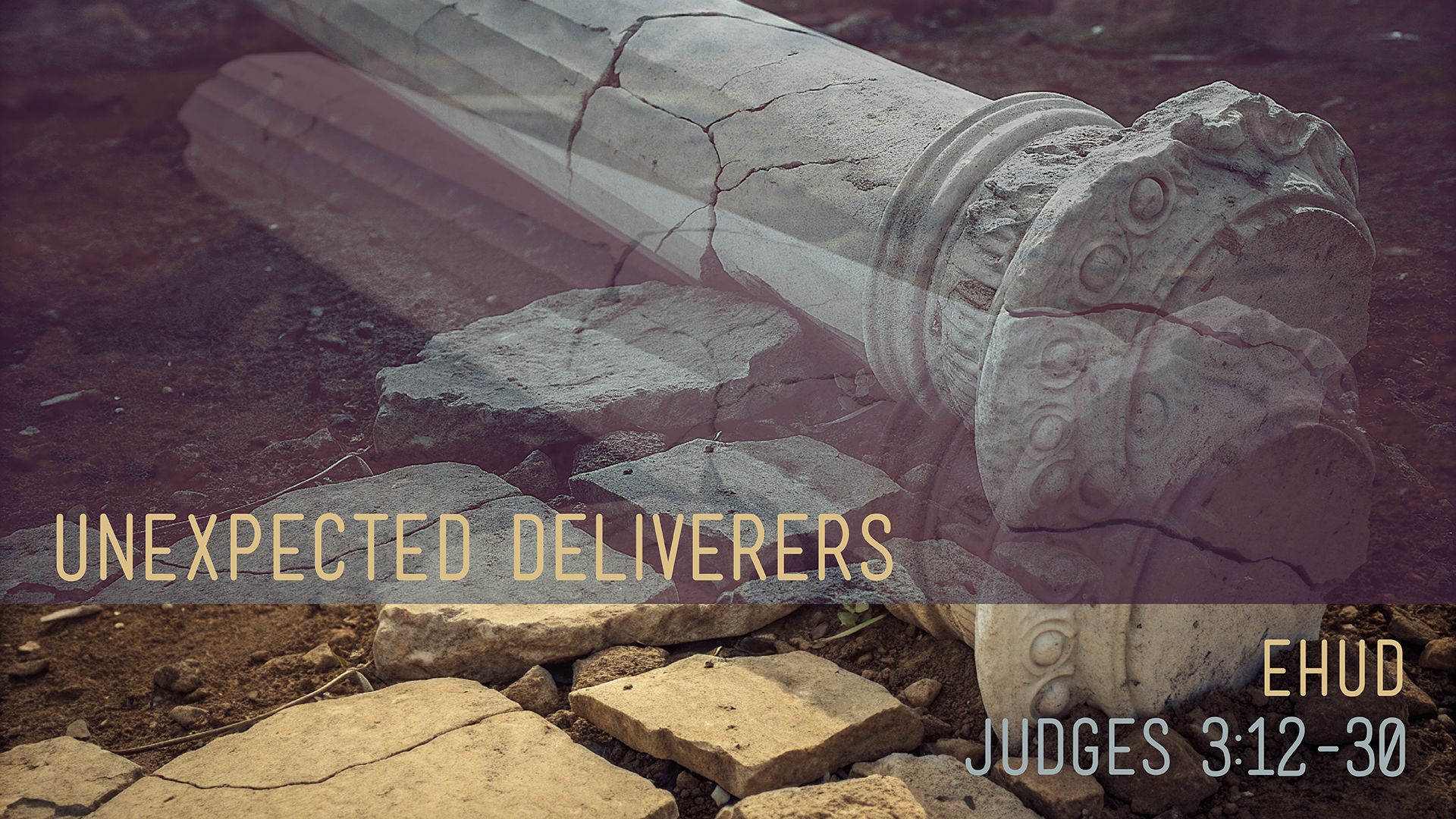
Unexpected Heroes: How God Uses Our Weaknesses
Have you ever felt inadequate or ill-equipped to handle life's challenges? Do you sometimes wonder if God could really use someone like you to make a difference in the world? The story of Ehud from the book of Judges offers a powerful reminder that God often chooses the most unlikely candidates to accomplish His purposes.
In ancient Israel, during a time of oppression under the Moabites, God raised up an unexpected deliverer named Ehud. What made Ehud stand out wasn't his strength or prowess - he had a "restricted right hand." In a culture where right-handedness symbolized strength and capability, Ehud's physical limitation would have been seen as a significant disadvantage.
Yet it was precisely this perceived weakness that God used to bring about a stunning victory for His people. Ehud's left-handedness allowed him to conceal a weapon where no one thought to look, granting him access to the oppressive King Eglon. Through a series of unexpected events, Ehud assassinated the king and rallied the Israelites to overthrow their Moabite oppressors, ushering in 80 years of peace.
This extraordinary tale serves as a powerful reminder that God's strength is made perfect in our weakness. As the Apostle Paul wrote in 2 Corinthians 12:9-10 (MSG):
"Because of the extravagance of those revelations, and so I wouldn't get a big head, I was given the gift of a handicap to keep me in constant touch with my limitations. Satan's angel did his best to get me down; what he in fact did was push me to my knees. No danger then of walking around high and mighty! At first I didn't think of it as a gift, and begged God to remove it. Three times I did that, and then he told me, 'My grace is enough; it's all you need. My strength comes into its own in your weakness.'"
Paul's words echo the truth demonstrated in Ehud's story - that our limitations and struggles can actually become the very means through which God's power is displayed. This principle challenges our natural inclination to hide our weaknesses or to believe that we must overcome them before God can use us.
Transforming Pain into Purpose
Consider how pain and difficulty in our lives can serve multiple purposes:
1. Increasing our dependence on God: When faced with challenges beyond our control, we're driven to our knees in prayer, recognizing our need for divine intervention.
2. Deepening our longing for God: Hardships often intensify our desire for God's presence and the fulfillment of His promises.
3. Enhancing our understanding of the gospel: Our weaknesses provide a tangible illustration of our need for grace and the sufficiency of Christ's strength.
The story of Ehud also reminds us that God's plans for our lives are not limited by our perceived abilities or lack thereof. While the world might tell us "if you can believe it, you can achieve it," the reality is that our potential is finite. However, all of God's dreams for us are within reach because they're empowered by His strength, not our own.
As Ephesians 2:10 states, "We are God's handiwork, created in Christ Jesus to do good works, which God prepared in advance for us to do." This truth liberates us from the pressure of having to manufacture our own success or significance. Instead, we're invited to be available and attentive to what God is already doing around us.
Embracing Our Call
The account of Ehud also offers encouragement for those times when we falter in our obedience. Initially, Ehud seemed to lose his nerve and leave without completing his mission. But upon seeing stone monuments that likely reminded him of God's faithfulness, he found the courage to return and follow through with his calling.
How often have we sensed God's prompting to act, only to shrink back in fear or doubt? Ehud's moment of hesitation and subsequent recommitment serve as a powerful reminder that it's never too late to step out in faith and obedience.
Key Takeaways
1. Embrace your limitations: Rather than viewing your weaknesses as obstacles, recognize that they may be the very means through which God demonstrates His power.
2. Be available: Instead of focusing on your qualifications (or lack thereof), simply make yourself available to God. As John Wimber wisely said, "We're like change in God's pocket, and He can spend us however He wants."
3. Listen and watch: Pay attention to what God is doing around you. His invitations often come through the ordinary circumstances of our daily lives.
4. Act in faith: When you sense God's leading, take that step of obedience, even if you feel inadequate. Remember, it's about His strength, not yours.
5. Don't give up: If you've hesitated or failed to follow through in the past, it's not too late. Like Ehud, you can always turn back and recommit to God's calling.
In a world that often celebrates strength, talent, and self-sufficiency, the story of Ehud reminds us that God's ways are different. He delights in using the weak to confound the strong, the foolish to shame the wise, and the unlikely to accomplish the extraordinary.
So today, embrace your weaknesses. Offer your limitations to God. Be available and attentive to His leading. And watch in wonder as the God who used a left-handed man to deliver a nation works powerfully through your ordinary, imperfect life to accomplish His extraordinary purposes.
Hit play to listen to the sermon this blog is based on
At Harvest Vineyard, we believe we are better together, in community. We're glad you're here.
ENCOUNTER CHRIST.
EXPERIENCE COMMUNITY.
LOVE THE WORLD.
We believe that experiencing the love and mercy of God is more effective in bringing change to people's lives than rules, guilt, and condemnation. We have attempted to make our community a place where people can come as they are and still experience love and mercy. At the same time, we desire to learn and apply the truth of God to our lives and learn how to speak truth to one another.

